Maurizio Martina, deputy director-general of the Food and Agriculture Organization (FAO), warned on Tuesday that the agricultural infrastructure in Gaza has been devastated.
Martina highlighted at the UN Security Council meeting on the protection of civilians in armed conflicts the dire consequences for the region's agricultural sector, which is a "critical source of sustenance and income" for its residents.
"The key findings are troubling," Martina said, shedding light on the extensive damage inflicted upon Gaza's agricultural landscape.
He detailed the significant toll the conflict has taken, from the decimation of the fishing industry, a vital source of livelihood for over 100,000 people, to the alarming mortality rate among livestock due to airstrikes and a scarcity of essential resources like water and fodder.
Martina reported that as of Feb. 15, nearly half of Gaza's arable land had suffered damage. The destruction of agricultural infrastructure is "widespread," with sheep and dairy farms among the hardest hit.
He noted that over a quarter of the region's wells were destroyed, significantly affecting water availability in North Gaza and Gaza City. Additionally, 339 hectares of greenhouses, crucial for the cultivation of various crops, "lay in ruins," particularly in Gaza City, North Gaza, and Khan Younis.
The conflict has also severely disrupted the harvest of olives and citrus fruits, which are important sources of revenue for many in Gaza.
The FAO deputy chief also touched on the severe restrictions on aid deliveries, which have hampered effective humanitarian efforts in the region.
He underscored the urgent need for a cessation of hostilities and the restoration of humanitarian corridors to facilitate the delivery of multisectoral assistance and the rehabilitation of essential services.
"A critical priority is to restore safe and sustained humanitarian access throughout the Gaza Strip and to all those in need of lifesaving assistance," Martina emphasized, calling for the restoration of basic services such as cross-border water pipelines, telecommunications, electricity distribution, and health facilities.
"All parties must respect their obligations under international humanitarian and human rights law and protect civilians," Martina said, adding that an immediate ceasefire and peace are a prerequisite for food security.
-XINHUA






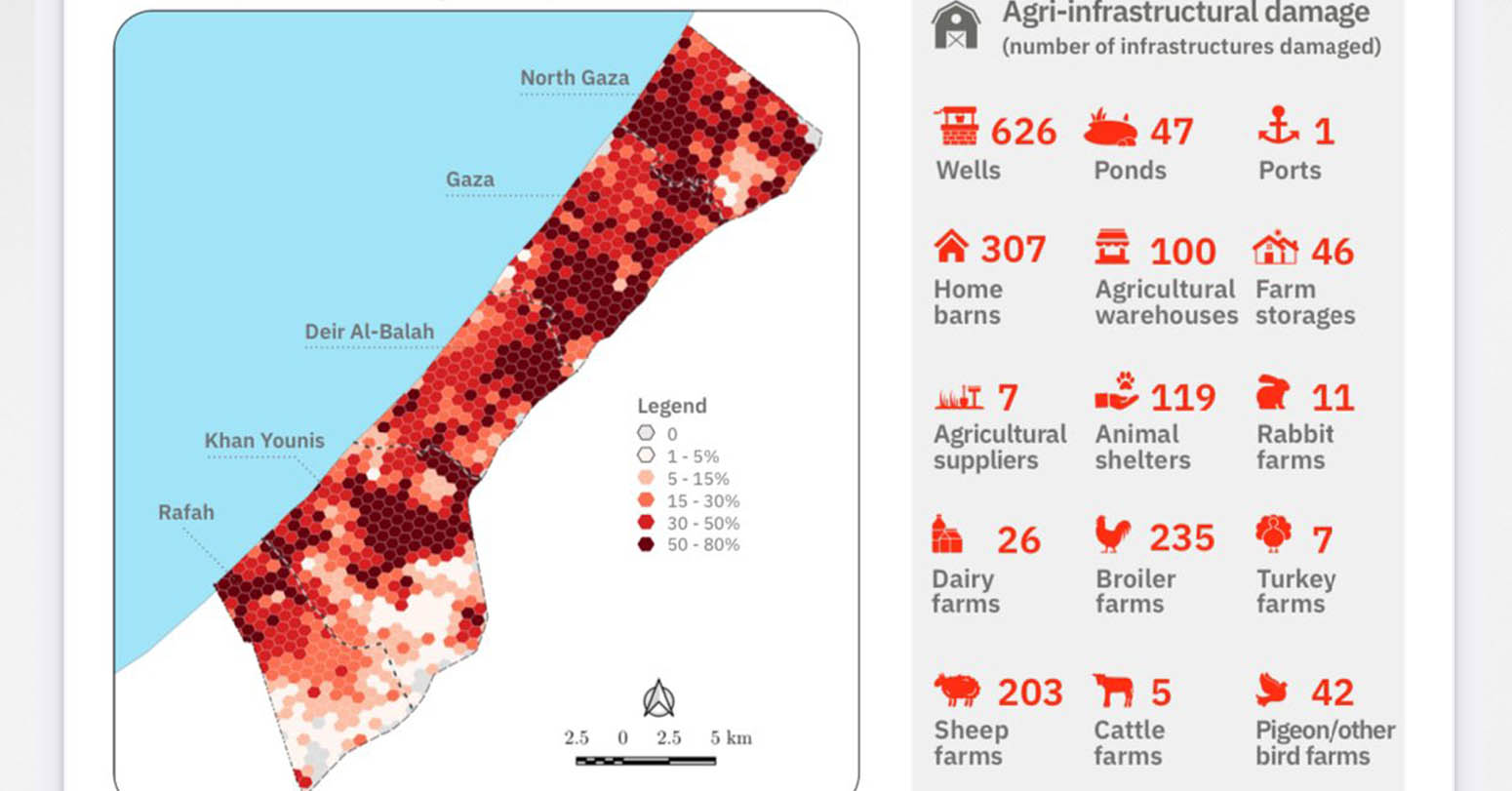
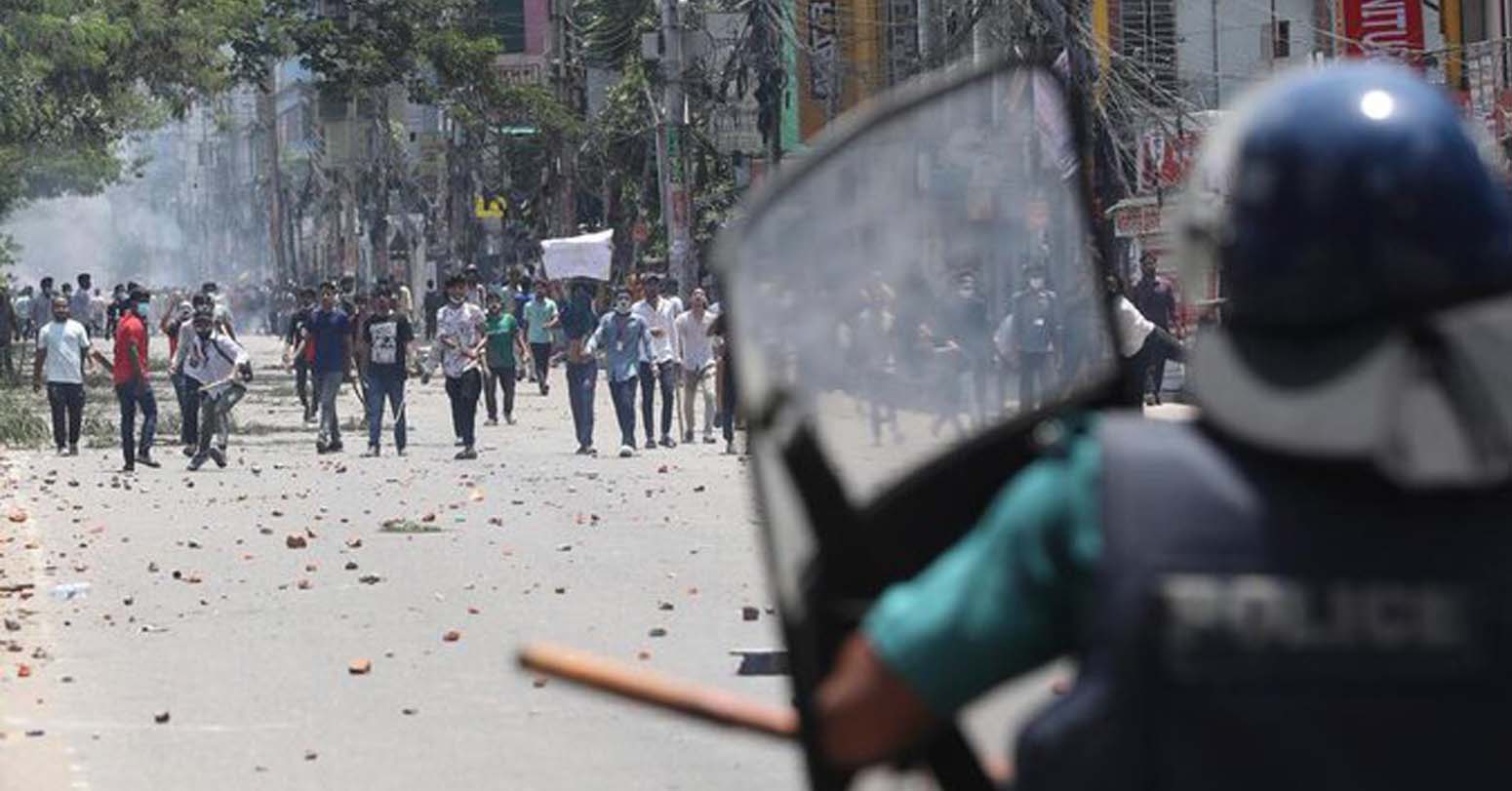
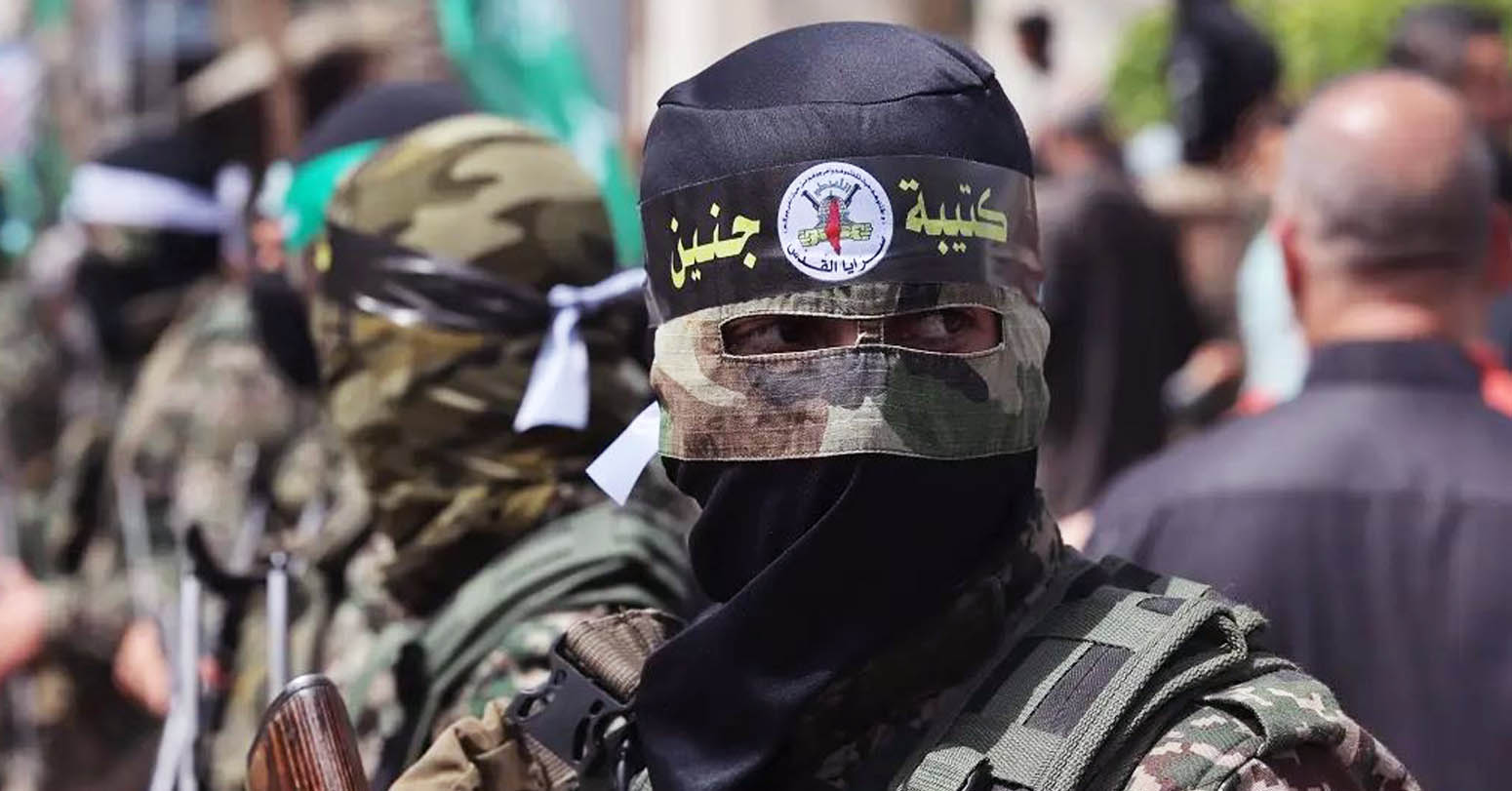


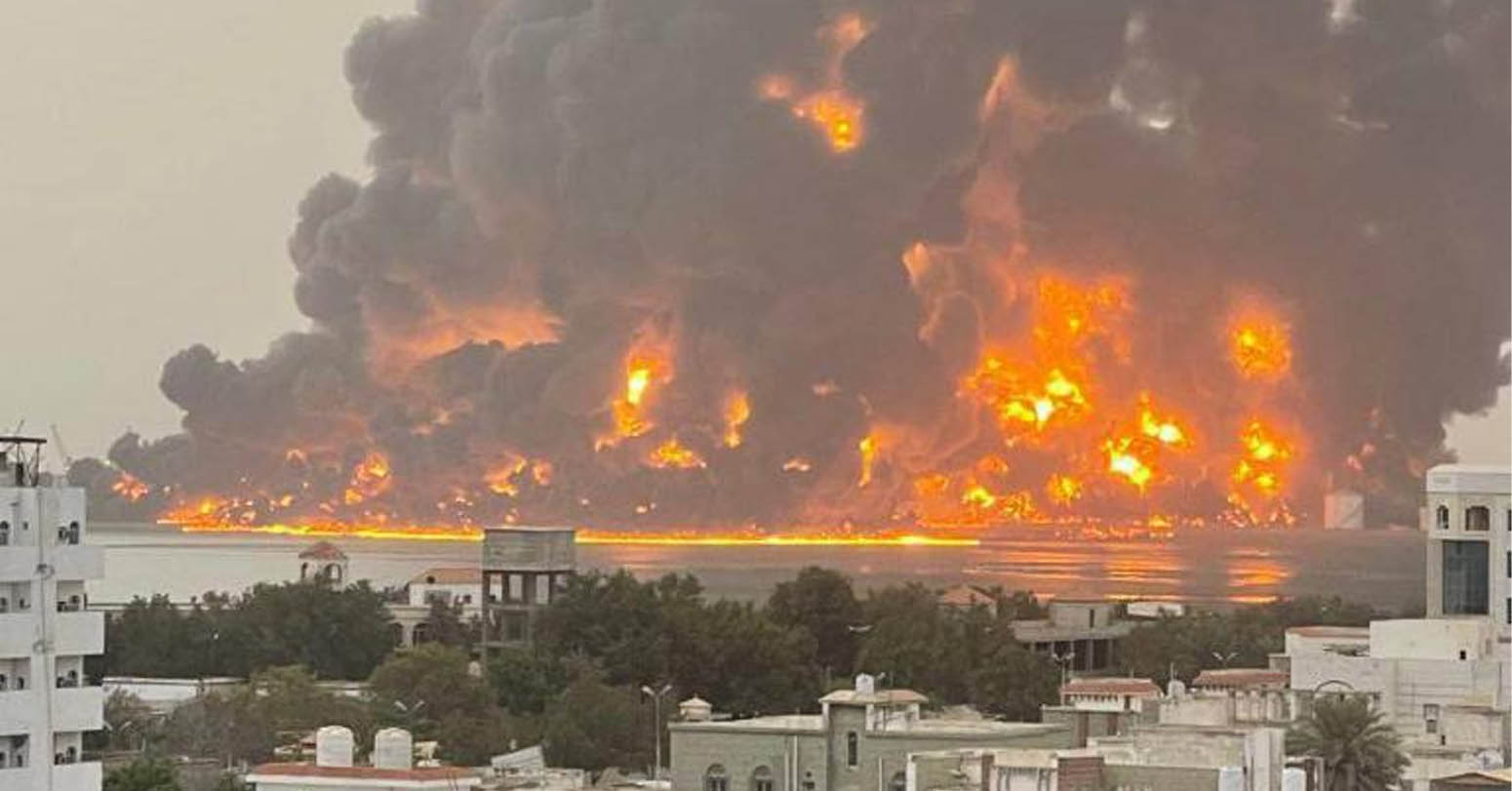


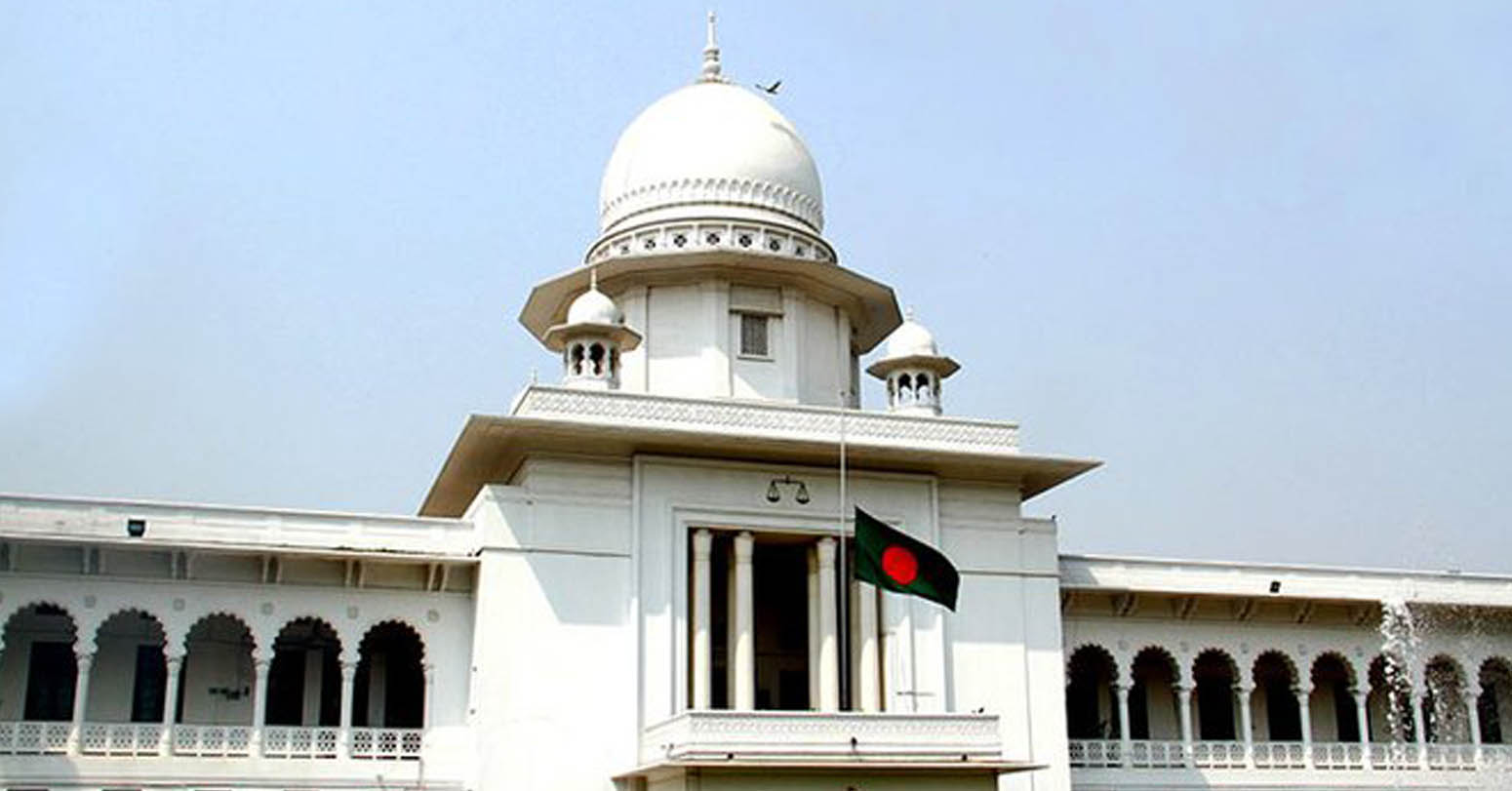
Comprehensive Data Protection Law Critically
Gender Differences In Mental Healthcare
Messi Wins Best FIFA Men’s
Erosion of Democracy
Fly Dubai Catches Fire in
“Complexities of the South Asian